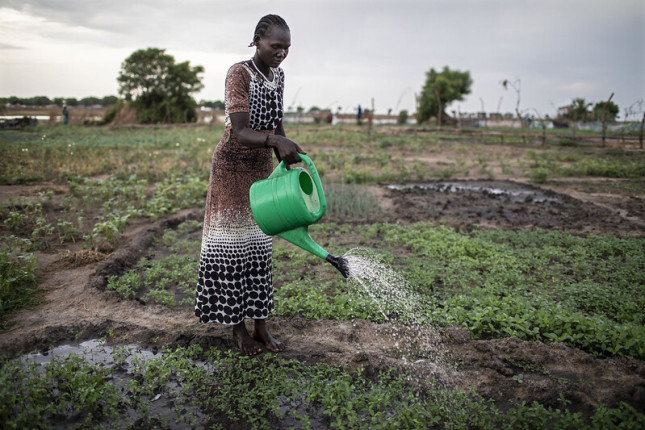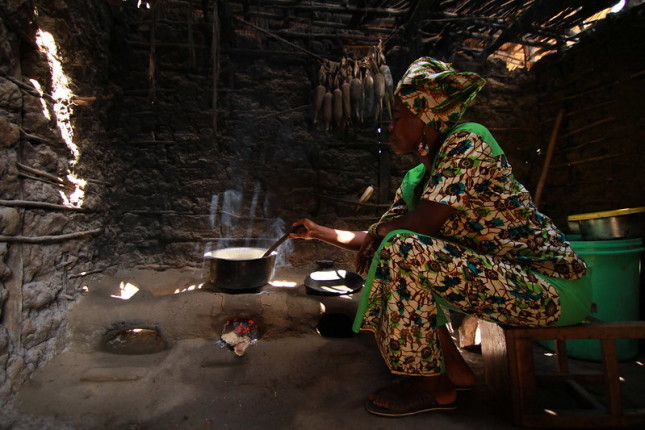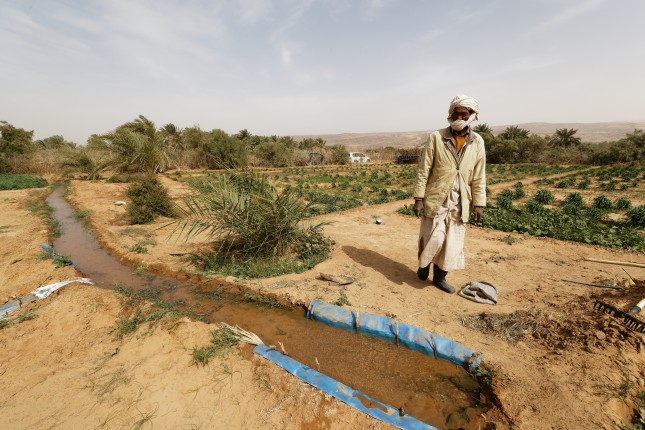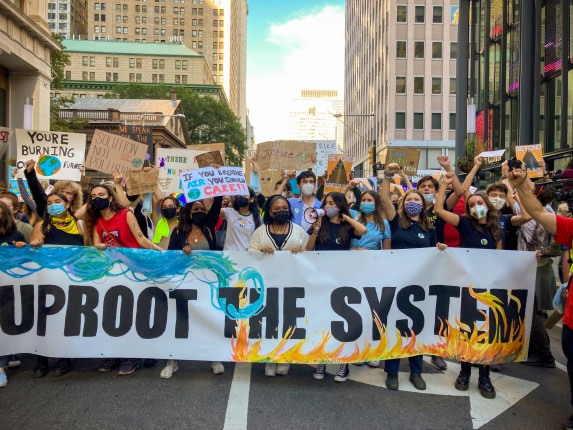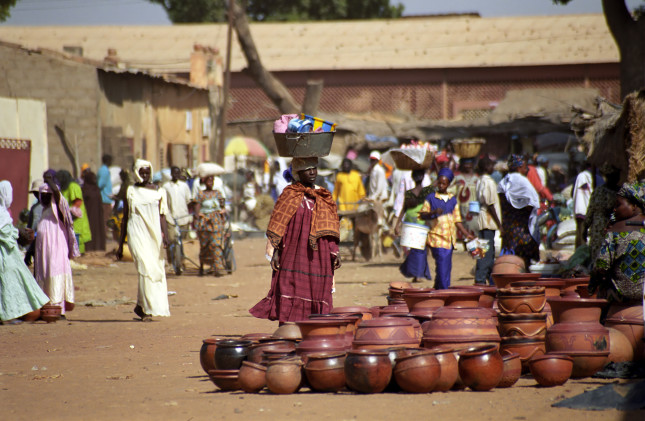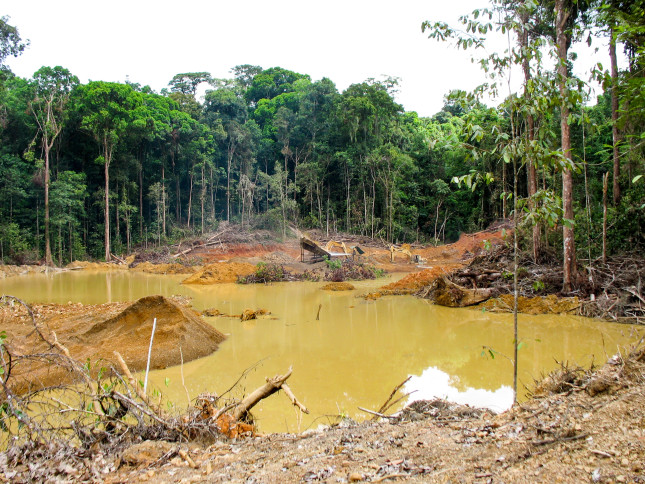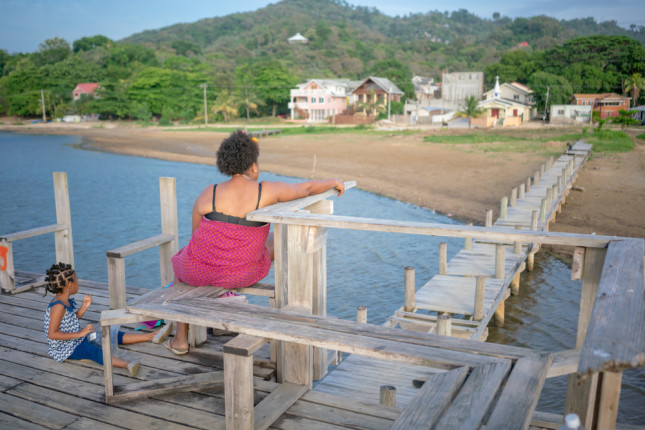-
Harnessing the Power of ‘Other’: Cities Where Human Mobility is not a Threat
›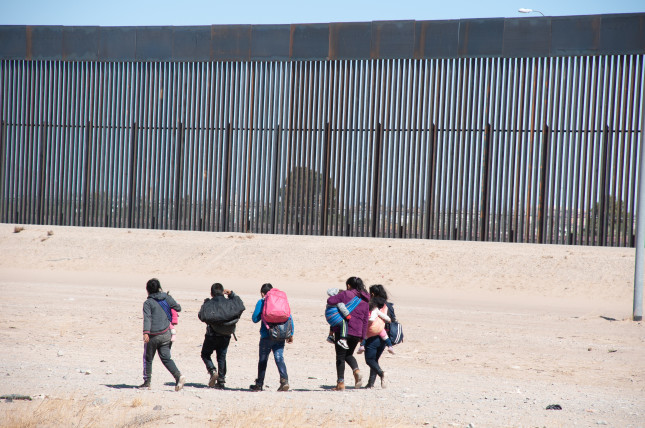
“This is not the refugee wave we have been used to, people we were not sure about their identity, people with unclear pasts, who could have been even terrorists. In other words, there is not a single European country now which is afraid of the current wave of refugees.”
-
What Next for Climate Security? Implications From IPCC Working Group II 6th Assessment Report
›
The recent Intergovernmental Panel on Climate Change (IPCC) 6th Assessment Report (AR6) from Working Group II (WG2): Impacts, Adaptation and Vulnerability presents the stark implications of climate change. At today’s warming level of 1.1°C, a wide range of impacts to people and nature are attributed to human-caused climate change, including hindering progress on the Sustainable Development Goals (SDGs), damaging infrastructure and economic activities, harming human health and causing excess deaths, and increasing humanitarian needs. Some impacts, like those on sensitive ecosystems, are already irreversible. The more vulnerable are hit harder, due to pre-existing structural conditions that increase their exposure and sensitivity to hazards.
-
The Climate Solutions That Play Double-Duty
›
Finance for climate action is growing—however, much of this money is being invested in wealthier nations, while the regions where funds are needed most are often overlooked and underfunded by both public and private institutions. The good news for funders is that there are climate solutions that not only significantly reduce greenhouse gas emissions, but also create cascading social and public health benefits for communities on the frontlines of the climate crisis. For those looking to get the biggest return on their investment—for both people and planet—we offer two particularly promising solutions: ramp up funding for clean cooking and electricity where they matter most.
-
Water: A matter of national security – and the best hope for our climate
› -
Redefining National Security
› -
‘An ounce of prevention is worth a pound of cure’: U.S. conflict prevention policy in a world of climate change
›The crisis in Ukraine is rightly at the center of U.S. foreign policy attention but, even in the midst of that justified focus, the latest IPCC report unflinchingly reminds us of another emergency: we are running out of time to avoid the most devastating effects of climate change, including the social, economic, environmental and security risks that can actually drive war.
-
China’s Growing Environmental Footprint in the Caribbean
›
China continues blazing a trail across the Wider Caribbean through large capital flows, loans, and investment. In the last two years alone, more than a dozen Caribbean nations have signed on to China’s Belt and Road Initiative—even as some still recognize Taiwan, perhaps the only remaining sticking point preventing further signatories. The deepening of relations did not happen overnight, but it is only recently that the Belt and Road Initiative has drawn attention to China’s strategic investments and growing political bonds with Caribbean island nations.
-
Climate Resilience for Whom? The Importance of Locally-Led Development in the Northern Triangle
›“One of the challenges of responding to climate risks is that climate’s impacts and how those impacts interact with existing systems on the ground are so varied and specific to a given place,” said Lauren Risi, Director of the Wilson Center’s Environmental Change & Security Program, at a recent PeaceCon conference panel on climate change, violence, and migration in Central America. “But there is also an opportunity in how we respond to develop more agile, just, and sustaining programs and policies that go beyond a singular focus on responding to climate change and instead build the overall resilience of communities.”
Showing posts from category climate change.


